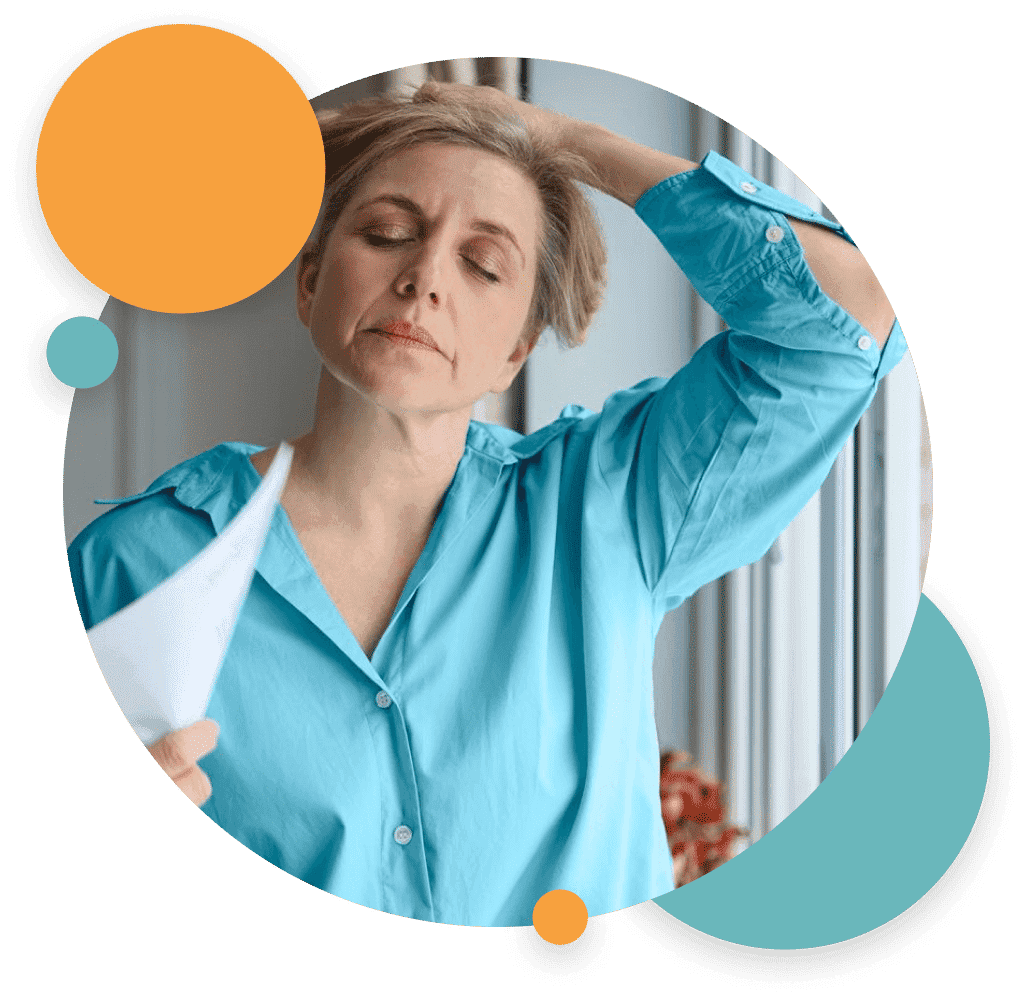5 Alternative Treatments You Need to Know
Reproductive Health
Obie Editorial Team
At the end of a woman's reproductive life, there is menopause. By the time women enter their menopause years, most are finished having children and many have grandchildren running around. Natural menopause gradually reduces estrogen, progesterone, and other female hormone levels in the body. During perimenopause, women can suffer from common menopause symptoms such as hot flashes, dry skin, and weight gain. After menopause, treatment options to protect the body from these symptoms and more severe symptoms like bone loss are available by prescription. Hormone replacement therapy and estrogen replacement therapy are only advised for women with severe menopause symptoms – the rest may wish to choose alternative treatments to reduce risks associated with HRT and ERT.
Eating Right to Reduce Menopause Symptoms
Certain foods can trigger menopausal symptoms by increasing heart rate and elevating body temperature. Spicy foods, for instance, are enough to trigger hot flashes and night sweats for some women. Foods high in calcium and vitamin D are also crucial during menopause to help prevent bone loss common during menopause.
Herbal Supplements for Menopause Relief
Black cohosh is touted as the most effective herb for menopause relief. Red clover, however, is gaining popularity. According to a research study performed by the Journal of the British Menopause Society, red clover can reduce bone loss with regular use. Hot flashes are also reduced when women take red clover supplements. In the mentioned study, participants averaged a 58% reduction in hot flashes when using red clover.
Eat More Good Bacteria
Have you ever seen the commercial for Activia with actress Jamie Lee Curtis? As a menopausal women, she recommends Activia for regularity (bowel movements). Little does she know that the same yogurt and other sources of good bacteria can also help fight menopause symptoms. Good bacteria work in the intestines to improve digestion of foods, herbal supplements, and medications. Estrogen may be better absorbed if good bacteria thrives in the intestine.
Take Your Daily Vitamin
Daily multivitamins contain vitamin E, calcium, magnesium, and vitamin C. These are all associated with relief from menopause symptoms. Suggested dosages may be off a bit requiring further supplementation for full effect. Suggested intake of menopause vitamins are:
- Vitamin E – 400 to 800 IU once per day.
- Calcium – 1500 MG per day in divided doses.
- Magnesium – 500 to 750 MG per day in divided doses.
- Vitamin C – 1,000 to 2,000 MG per day.
- Taking additional vitamin C can lead to gastrointestinal discomfort, gas, and bloating. To curb this effect, women should start out with smaller doses and work up to 1,000 to 2,000 mg per day.








